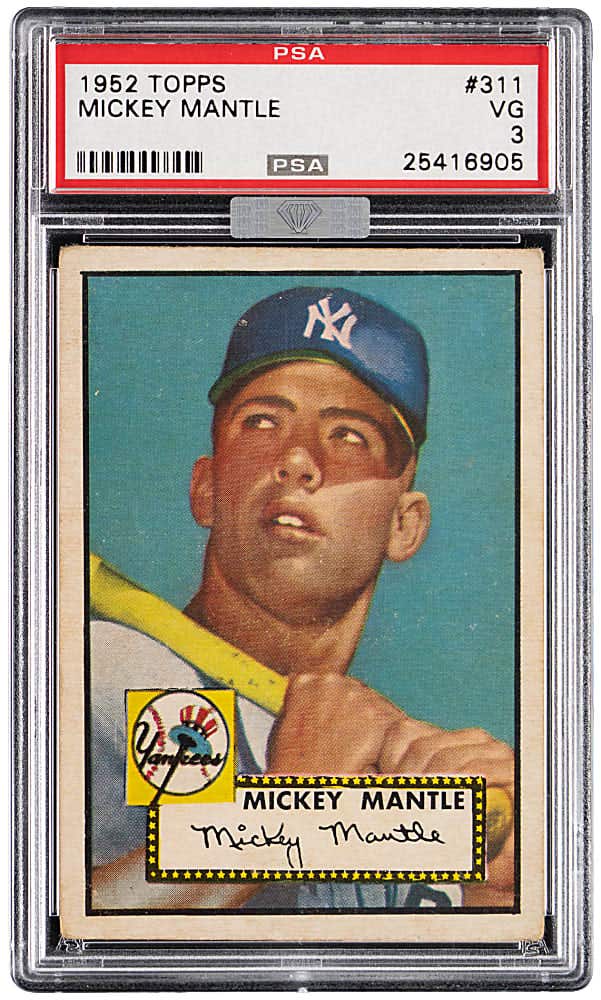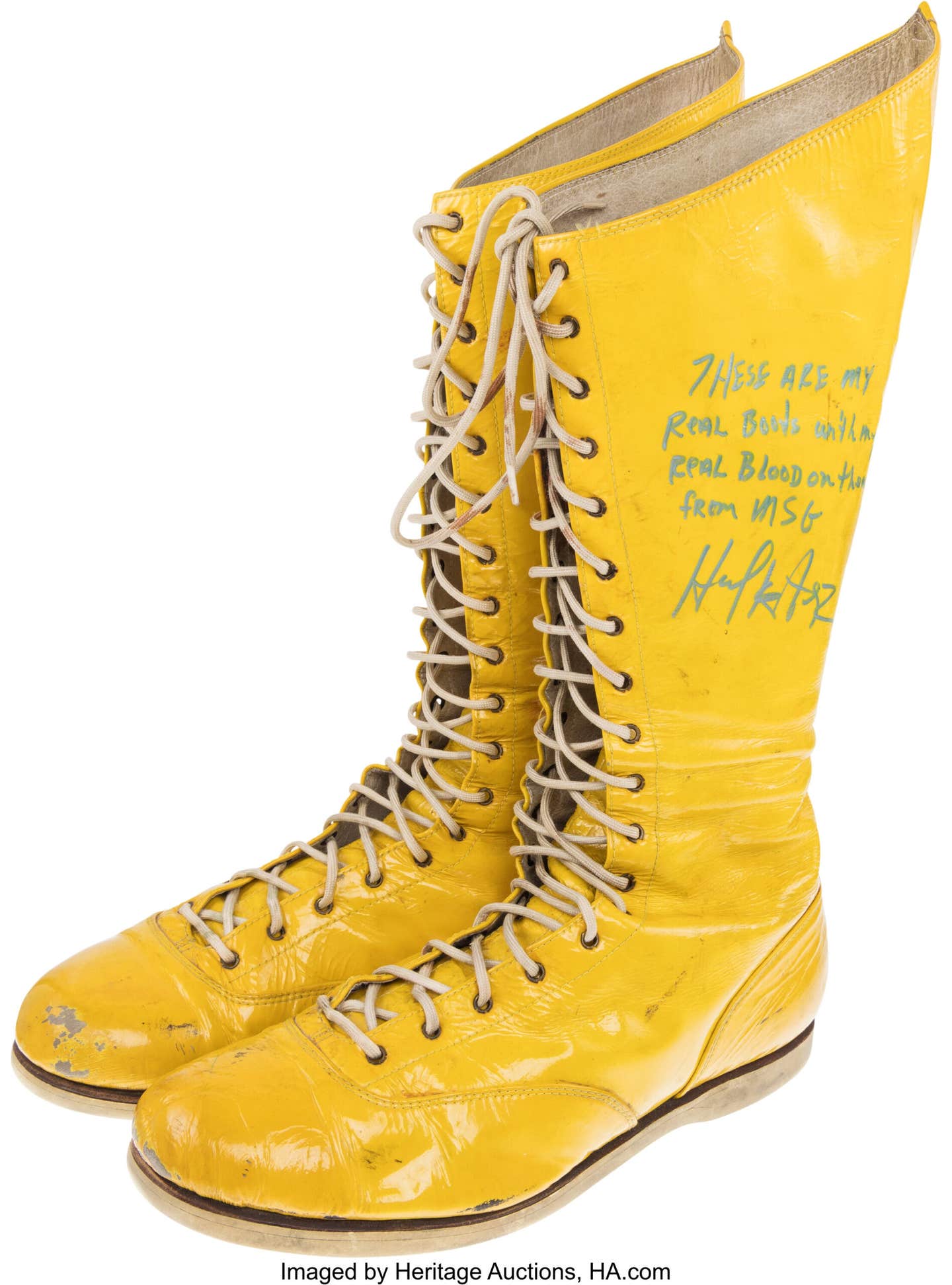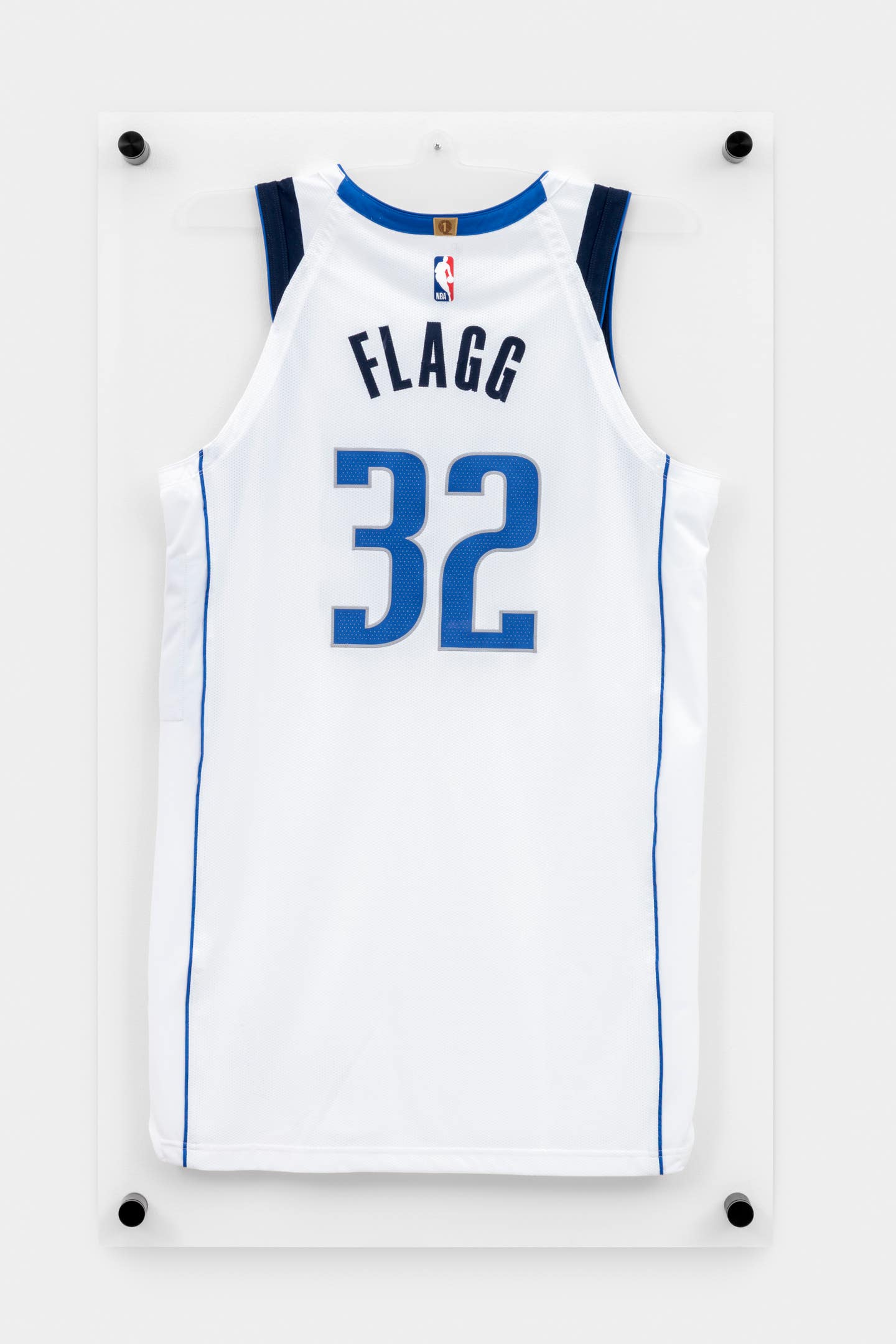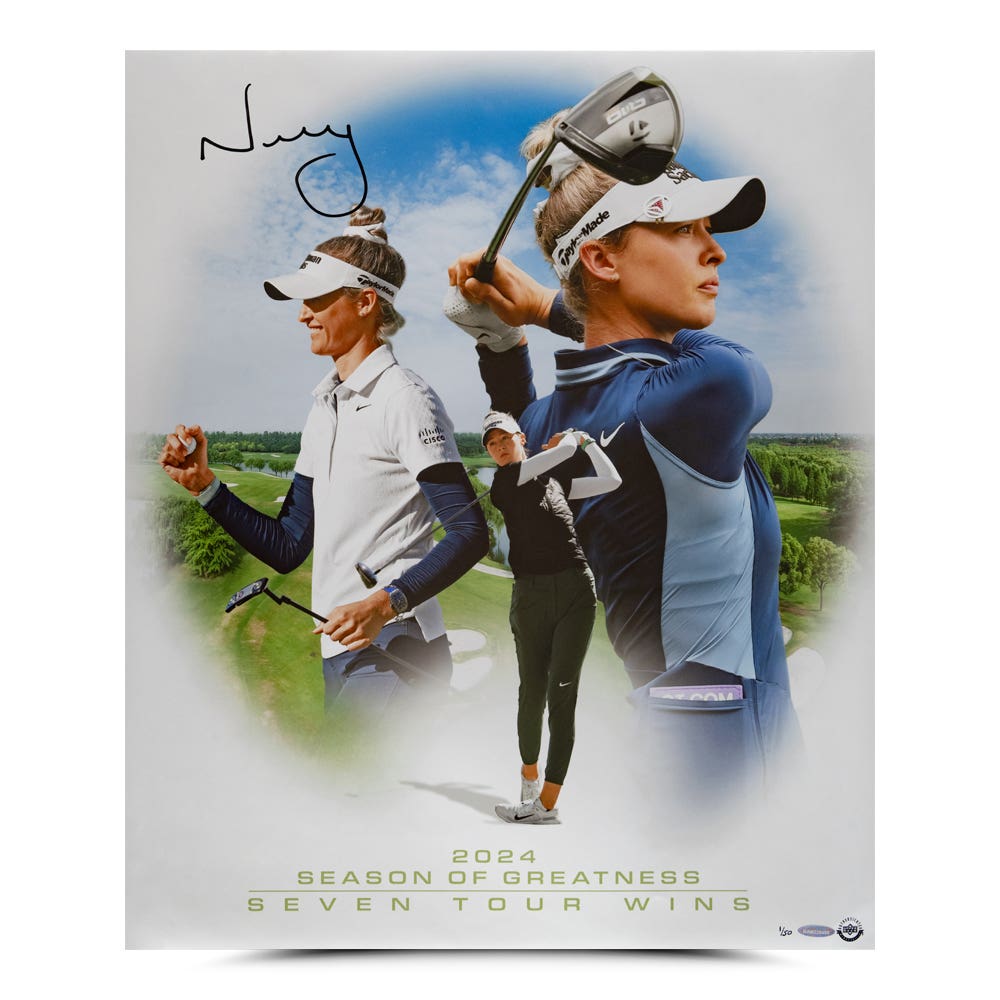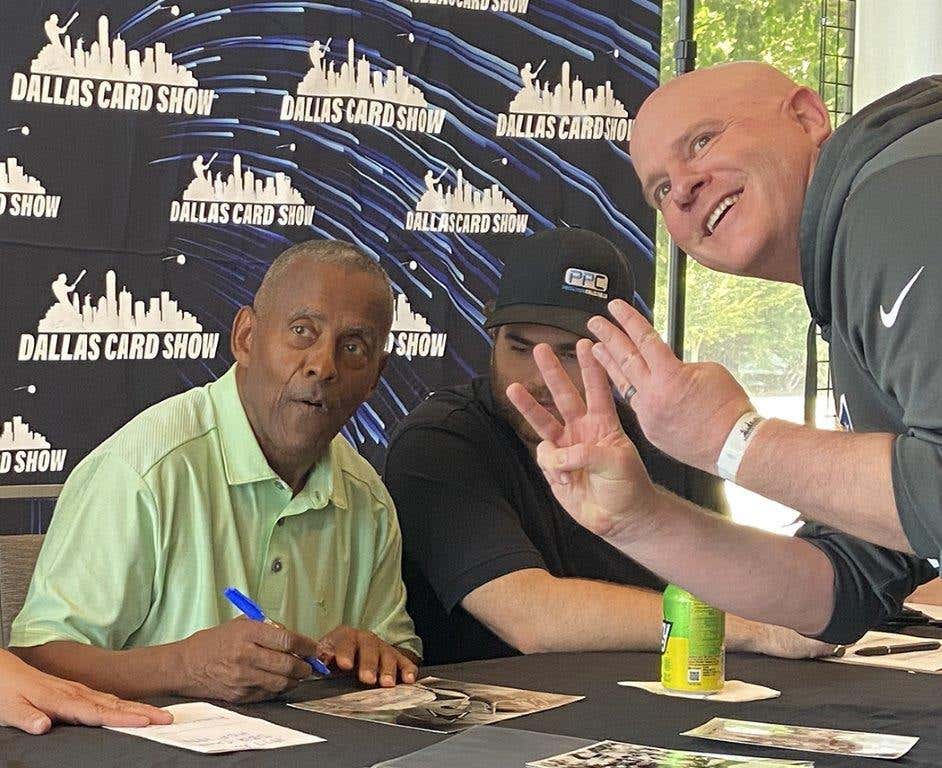Memorabilia
Dave Winfield receives Louisville Slugger’s 2016 Living Legend Award
By Mike Shannon
Dave Winfield became the 10th Major League Baseball player to receive the Louisville Slugger Living Legend award.
He received the award at a ceremony on Nov. 11, 2016, at the Louisville Slugger Museum and Factory in downtown Louisville, Kentucky.
The award was originally created, according to Louisville Slugger’s website, “to honor a person whose career in baseball, and life outside the game, have taken on legendary qualities by virtue of his talents, achievements, and personal conduct. Beyond statistics, recipients of this award have demonstrated a mythic impact upon baseball and American culture.”
By that definition Winfield seemed like the perfect person to receive the honor, and the idea was thoroughly confirmed by his upbeat, humble acceptance speech and his engaging interaction with the fans in attendance.
The 10th recipient of the Living Legend Award, Winfield was accompanied by his wife Tanya and his brother Steve, who introduced him and presented him with the actual award: an exquisite ring featuring carved references to his most significant baseball achievements.
Winfield played 22 years in the major leagues without spending a single day in the minor leagues. Most of his career was spent with two teams, the San Diego Padres and New York Yankees; made 12 All-Star teams; and played in two World Series (in 1981 with New York and in 1992 with the Toronto Blue Jays). A .283 lifetime hitter, Winfield hit 465 home runs, knocked in 1,833 runs, and joined one of baseball’s most exclusive statistical club’s by collecting more than 3,000 hits (3,110).
He was a skillful, aggressive base runner and a great outfielder, who loved throwing out runners who challenged his powerful, accurate arm. His consistency, longevity, and all-around greatness were confirmed when he was elected to the National Baseball Hall of Fame as a member of the Class of 2001 on the first ballot.
As noted, the Living Legend Award seeks to recognize more than playing greatness, and Winfield’s influence off the field has always been remarkable. In fact, he is widely recognized as having been the first Major League Baseball player to establish a charitable foundation. Winfield’s mother Arline, a generous-hearted single mom, taught Winfield to care about other people, especially those less fortunate.
Winfield said his mother would say, “When you have a little, give a little. When you have a lot, give a lot.”
Winfield took her advice to heart and started giving during his first year in the Big Leagues. At first he purchased hundreds of tickets to every Padres’ home game so poor youngsters could watch from the Dave Winfield Pavilion in right field at Jack Murphy Stadium. Afterwards, the Dave Winfield Foundation provided basic educational and health care assistance, joined the fight against drug abuse when that scourge began to spread, and eventually established a scholarship program to send deserving young people to college.
The ceremony
A crowd of approximately 150 guests attended the Living Legend Award ceremony, which was an invitation only event. Anyone who purchased one of the commemorative bats autographed by the guest of honor also received two tickets to the event.
Attendees had the opportunity to examine a series of tall display cases that displayed many baseball rarities that would be auctioned off later that weekend by Hunts.
The program began with Louisville Slugger Executive Vice-President Anne Jewell welcoming everyone, acknowledging the guests of honor, and saying a few words about why Winfield was chosen for the prestigious honor.
“Dave Winfield,” she said, “was not only a tremendous ballplayer, but he is a real statesman in the way he approaches life and the game he represents.”
After rattling off his most impressive statistical achievements and first-ballot election to the Hall of Fame, Jewell said Winfield signed his first contract with Louisville Slugger when he was 22 years old. It was also noted that he authored six books. Winfield’s philanthropy and 28-year marriage to his wife was also noted.
Jewell concluded by reading a passage from Winfield’s 1988 biography (Winfield: A Player’s Life) about the way Winfield and older brother Steve, a more natural athlete than Dave, related to each other as brothers and teammates. It concluded: “But for the most part we were both so good at the game as kids, we weren’t really looking to outdo each other. We figured we’d outdo the world together.”
After a video with a poem referencing the highlights of Winfield’s life and career, as the soundtrack was played concluded, Steve Winfield was welcomed to the stage to introduce his younger brother.
Steve Winfield was a terrific baseball player himself and an inductee into a couple of amateur baseball Halls of Fame. A more appropriate person to introduce Dave Winfield would have been impossible to find.
“I want you to know that the person we’re talking about is an authentic baseball person,” he began. “We absolutely loved baseball as kids. We didn’t have to fake it.
“For us to get a chance to come here to this facility …” he continued, searching for the right words. “Dave and Tanya have traveled all over the world, but I can tell you that this is special for David and for me too.”
Steve went on to talk about how the Winfield brothers growing up in St. Paul, Minnesota, played baseball year-round, in all kinds of weather, and often with subpar, makeshift baseballs and equipment. A genuine Louisville Slugger baseball bat, he emphasized, was a treasure that, when cracked, they nailed and taped together and kept on using. Receiving the chance to see at the Louisville Slugger Factory and Museum the authentic bats used by the great players they’d idolized as kids …
“Fantastic!” was the only word Steve could come up with.
Steve then said a few words about Arline, “that single mom you saw up there (referring to the video screen),” explaining how she instilled in him and Dave the values of trying to be God-fearing, compassionate persons. He concluded by saying, “We were blessed, not with material things, but by having lots of family around who loved us. Dave carried those values out, and he has been able to magnify what our mother taught us because of his fame. He is a truly good person, and I’m proud of him. I’m biased but he deserves this honor.”
Steve then presented the Living Legend Award ring to his brother who immediately put it on and happily modeled it, much to the delight of the crowd.
“This is beautiful, beautiful!” he said. “I’ve been invited to a lot of things, I’ve been at functions with kings and queens, I’ve traveled all over the world, but you’ll never know how much fun we’ve had being here for this event. It’s the first time I’ve ever been to Louisville, and I’ll try to hold off tasting all the great bourbon until this is over. It’s a beautiful thing to be honored as a Living Legend.”
After this exciting reaction to the thrill of the special moment, Winfield went back to the beginning and in so doing displayed the humor and self-assured stage presence he has mastered from delivering countless after-dinner speeches previously. He noted that he was born on one of the most famous days in baseball history, Oct. 3, 1951, when the New York Giants’ Bobby Thomson hit “The Shot Heard ‘Round the World”; and then pointed out that that fact, combined with the telling elements of his last name (“Win” and “Field”) meant it was destiny for him to become a Major League Baseball player.
He reminisced about what it was like growing up in the old neighborhood in St. Paul, Minnesota: where sports, health, and education were stressed as important things; where you could play sports all year long; and where the men in the community took an interest in the kids and became their volunteer coaches. Winfield paid tribute to two such coaches in particular. Bob Carter was known as “Big 6.” He hit infield with one hand because it was tough for him to get two hands around his belly. Also, Bill Peterson, who emphasized the fundamentals, defense, playing hard, and not making excuses.
Winfield told an anecdote about the time Peterson properly put him in his place. The night before a big tournament Winfield went up to a player from another town and asked him if he’d ever heard of “Dave Winfield.” When the lad said no, Winfield cockily said, “Well, after this tournament you will.” When Peterson heard about Winfield’s mouthing off, he told the youngster in no uncertain terms, “Don’t you ever do something like that again.”
Winfield jumped from the sandlots to talk about the Baltimore Orioles drafting him out of high school. Although he wanted to play professional baseball more than anything, he said he turned down their offer of a $500 bonus and a ticket to the bush leagues in Bluefield, West Virginia.
As his college days ended he recalled getting drafted by the Minnesota Vikings because of their confidence in his ability to catch a football. As flattering as the Vikings’ pursuit of him was, Winfield said he “very intelligently” chose baseball over football.
Jumping straight from college to the big leagues is no easy task, and Winfield shared some insight into his early struggles, saying, “I didn’t know how to be all that I could be. It took me 10 years to figure it out. I’d take something from this guy and something from that guy and try to put it all together. I want to thank all the people, the coaches and older players, who put an arm around me and said, ‘This is something you could do.’”
He also shared the philosophy he developed that was made up of three things: fun (playing winning baseball), science (mastering the fundamentals and techniques of the game), and business. It was the last of the three that he went into the most, explaining that success in your field enables you to help others. He said that he had a revelation as a young player when a man came up to him and said, “My son wants to be just like you.” Winfield said the man and his son were from a different city and state, a different background and of a different color; but the man’s words made him realize the position he was in as a major league player.
“I’m gonna be a positive influence on young people,” he decided at that moment.
To applause from the crowd he stated that his Foundation has sent 30 kids to college, and he noted that his charitable efforts have inspired other ballplayers and athletes in other sports to do similar things. After mentioning his three kids who “became number one” in his life once they arrived, Winfield began to wrap up his remarks. He concluded by saying, “I gave my heart and soul to baseball, and it made my good name. You guys are great. Thanks for supporting me. Thanks for honoring me.”
After the standing ovation died down, Winfield took a few questions from the audience.
The first question was what did he think when he joined the Blue Jays and David Wells told him he’d been one of the “Winfield kids” sitting out in the Padres’ left field Winfield Pavilion?
“Boomer was something else, a funny guy,” Winfield said. “He actually told me about being a Winfield kid when I was with the California Angels. He came up to me before a game and told me and then said, ‘You think I could get one of your bats.’ See, he was a collector. It was at the end of a road trip, so I told him, ‘I’ll catch you next time’ … when I’d have more bats. During the game, he threw me a cutter in that broke my bat. The pieces of the bat were lying on the grass, so he runs in from the mound and says, ‘Can I have that one?’
I said, ‘Oh, it’s like that, huh.’ I ripped a double off him next time up, ha ha.”
Someone asked if he’d always known he would be a major leaguer.
“I always wanted to play professional baseball,” Winfield replied. “I’d say I was going to and people would say, ‘Sure you are.’ I always had a good arm. I could throw better than most guys in the majors when I retired. And I liked to hit the ball hard. I always had a goal … If I could knock somebody’s glove off. Wow. That’d be hitting the ball hard. I did it a couple of times. I love the game. It’s done a lot for me.”
A two-parter came next: “Did you play with any guys who flew under the radar, didn’t get the recognition they deserved, and do you have any dirt on the San Diego Chicken?”
In answering the first part, Winfield cited Yankees’ teammate Don Mattingly, whom Winfield described as being “on the cusp of the Hall of Fame.” Mattingly, he said, was an ordinary-looking guy whom you wouldn’t pay any attention to if you passed him on the street.
“But I saw him do some incredible things: hitting home runs in eight straight games and hitting six grand slams in one year,” he said.
Winfield also mentioned Devon White for his astounding foot speed, and named Kirby Puckett as his all-time favorite teammate.
“Kirby was a fun person and the happiest guy I ever met,” Winfield said. “He loved everybody, but he was tough too. Sliding into home plate, he’d knock you down, but then he’d pick you up, dust you off, and invite you to his bowling tournament.”
As for the Chicken, Winfield had the best line of the night.
“He kept us in stitches while the Padres kept everybody in mourning,” he said.
Winfield also told the crowd about the time the Cincinnati Reds were making a pitching change. During the lull, left fielder George Foster relaxed and leaned against the outfield wall. While the fans and the Padres players in the dugout watched, a noose was slowly lowered towards Foster’s head. The Chicken!
Thoughts of the Chicken put Winfield in mind of another bird, the sea gull he accidentally killed in Toronto with a throw of the baseball, and he went right into an account of that incident. After loosening his arm before the start of an inning, Winfield said that he noticed a sea gull on the field and decided to throw the ball in its direction, just to make it fly off.
“You know how it is. It’s like with the squirrels,” he said. “We know they’re going to get out of the way before our car runs over them. But once in a while … splat. The bird didn’t move, and my throw hit him. Feathers went up in the air, and he just lay there. Oh boy, I thought. The fans started booing me, and they booed me the rest of the game. The Blue Jays ball boy came out and picked the bird up in a towel and his neck kind of flopped over, and the booing increased. After the game, our manager Billy Martin said, ‘Dave, hurry up and get dressed. The police are waiting for you.’ I figured he was joking but no. Somebody had filed a cruelty to animals complaint, and the Canadian Mounted Police were waiting for me.
“They took me down to the police station, and there was Exhibit A on the table, stiff as a board. The bail was $500 but I only had $350 on me, so the Blue Jays ponied up the rest. By the time I got back to the ballpark, the team had been delayed about two hours. And Billy said, ‘Winfield is finally here, we can go. It’s the first time all year he has hit the cut-off man.’” Dave’s capper to the story was his revelation that among the many gifts he has received during his long career, one of his favorites is the one from a wood worker: a wooden sea gull with a baseball stuck in its side.
In conclusion, Winfield said, “I’m not uptight about my career. I’m grateful. I’ve had a very fulfilling life, and if I were not to live another day on earth, I’d die a very happy man. I appreciate your hospitality. I’ll be back. I love you guys.”
Mike Shannon is a freelance contributor to SCD and can be reached at spitball5@hotmail.com.



